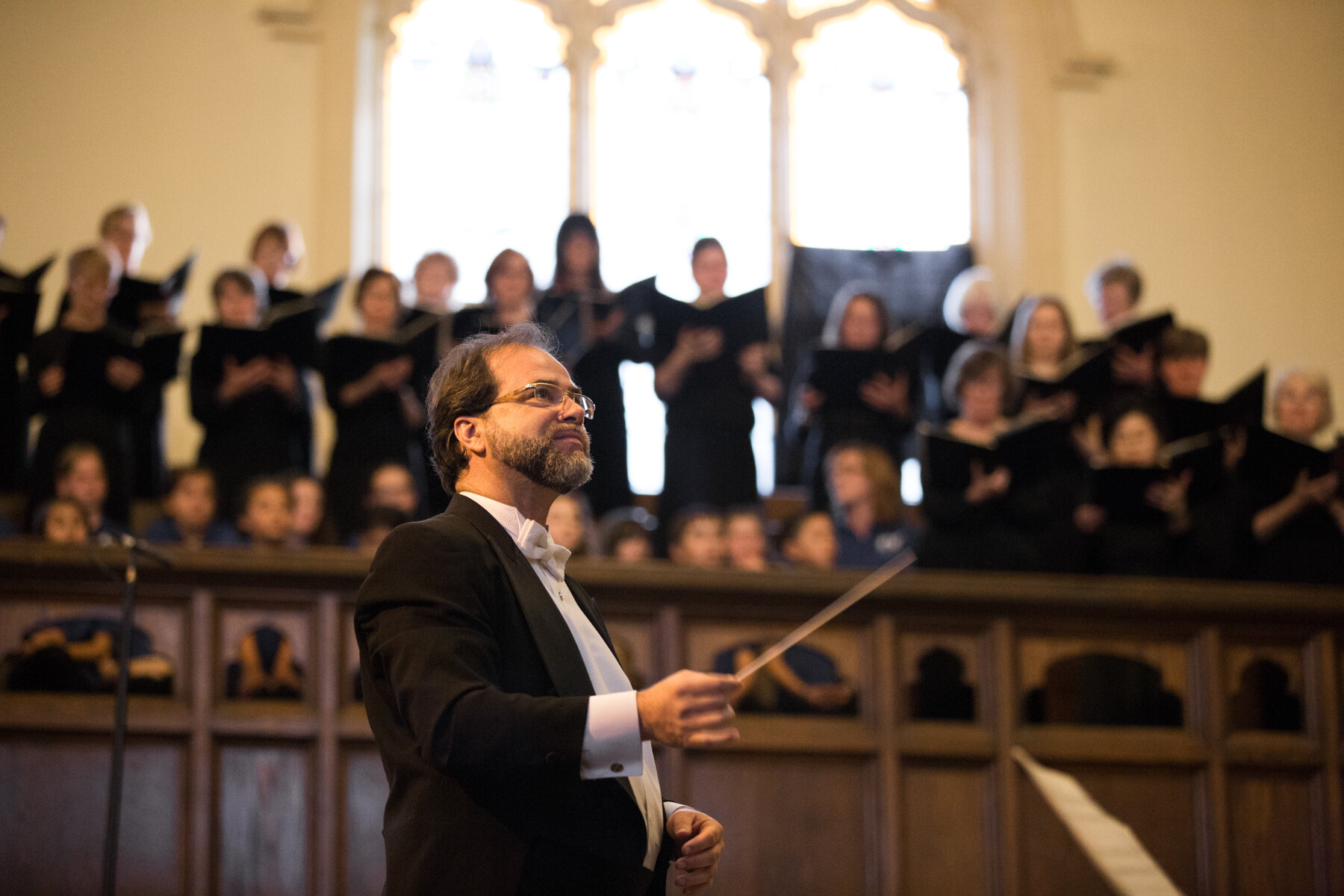The Power of Song
Or Keeping the Covid Blues at Bay
Remember the Toronto Choral Society (TCS) fun of singing the likes of Carmina Burana, Mozart’s Requiem or Handel’s Messiah? It brings back those feelings, if not ethereal, certainly spiritual and life-affirming…
Well, as it turns out, our choral experience brings so much more – according to some stellar research to sing about.
“Music making exercises the brain as well as the body,” says Jacques Launay, postdoctoral researcher in experimental psychology at the University of Oxford. “But singing is particularly beneficial for improving breathing, posture and muscle tension. There’s some evidence to suggest that music can play a role in sustaining a healthy immune system, by reducing stress hormones and boosting antibodies.”
Networks of neurons on both sides of our brain become activated. “There is a singing network in the brain which is quite broadly distributed,” says Sarah Wilson, neuropsychologist at the University of Melbourne. “We see involvement of the emotion networks,” adds Wilson, “and neural regions, that control the movements to produce sounds and articulation, also light up.”
Singing releases endorphins too, the brain’s ‘stress-buster’ chemical. It gives you an overall feeling of euphoria. Throw in Beethoven’s Ninth, and start singing ‘Freude, schöner Götterfunken’. You’ll understand…
It also engages what is potentially the body’s greatest stress-reliever – breathing.
Deep or diaphragmatic breathing, associated with singing, allows a full oxygen-exchange to occur in the lung’s cells, activating the body’s parasympathetic nervous system, which then slows the heart rate, dilates the blood vessels and lowers your blood pressure.
Sarah Wilson’s team is about to embark on a new study looking at how music creates a feeling of unity. “The term is ‘kama muta’,” says Wilson, referring to a Sanskrit phrase meaning ‘moved by love’. It’s the goosebumps you get when hearing a beautiful song. The study will look at how it brings together this sense of communal sharing.
Beyond simple joy, Wilson argues that singing is “fundamental to our biological makeup” and believes that it may have even preceded speech. “When we study singing, we don’t just learn about singing,” she says. “We learn about things that make us uniquely human and gain insights into the way the brain develops, why it developed the way it has, and why we’ve held onto music.”






